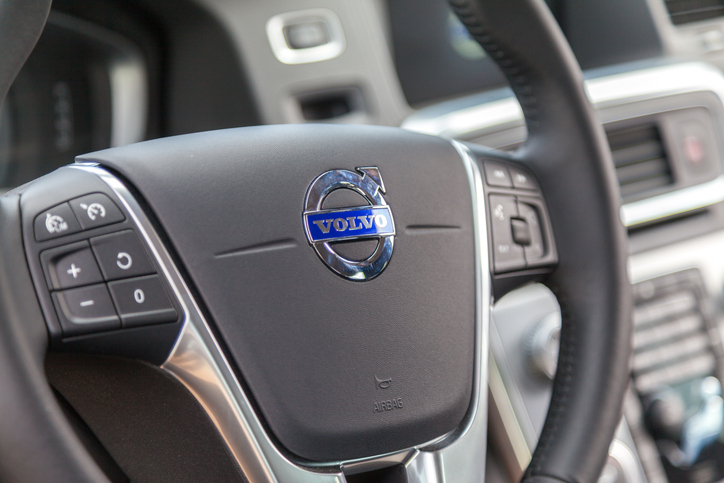Volvo Cars is officially opening up shop in the United States. Its Ridgeville, SC, plant opened this past Wednesday with intentions of having customer-ready cars by Q4, producingapproximately 130,000 vehicles at peak capacity.
As the first automaker to commit to manufacturing cars without internal combustion engines, Volvo’s taking the opportunity to invest in other green manufacturing processes aside from its cars’ engines. A Manufacturing Global reportdetails Volvo’s plans to use 25% recycled plastics in all new vehicles by 2025. Existing hybrids, such as the XC60 T8, will be redesigned to feature more recycled materials on internal components.
Volvo’s manufacturing presence in the United States is also a tactic by its Chinese owner, Zhejiang Geely Holdings, to get around the steep tariffs on imports from China. It wouldn’t completely solve the tariff issue, however, as Volvo still imports engines and transmissions used to build its S60 sedan at the South Carolina plant.
The Swedish automaker’s approach to finding a balance between imports and exports by handling some operations directly in the United States while exporting an equal amount could end up being used as a high profile test case by other foreign companies trying to find ways to work around recent tariffs without alienating their customers overseas. They certainly aren’t the first foreign company to set up shop in the United States, but they’re a prominent name with Chinese ownership in this new trade environment. How do you think other foreign companies will react to the U.S. tariffs on imported goods? Should we expect to see more plants opening on the east coast? Share your thoughts in the comments below.
